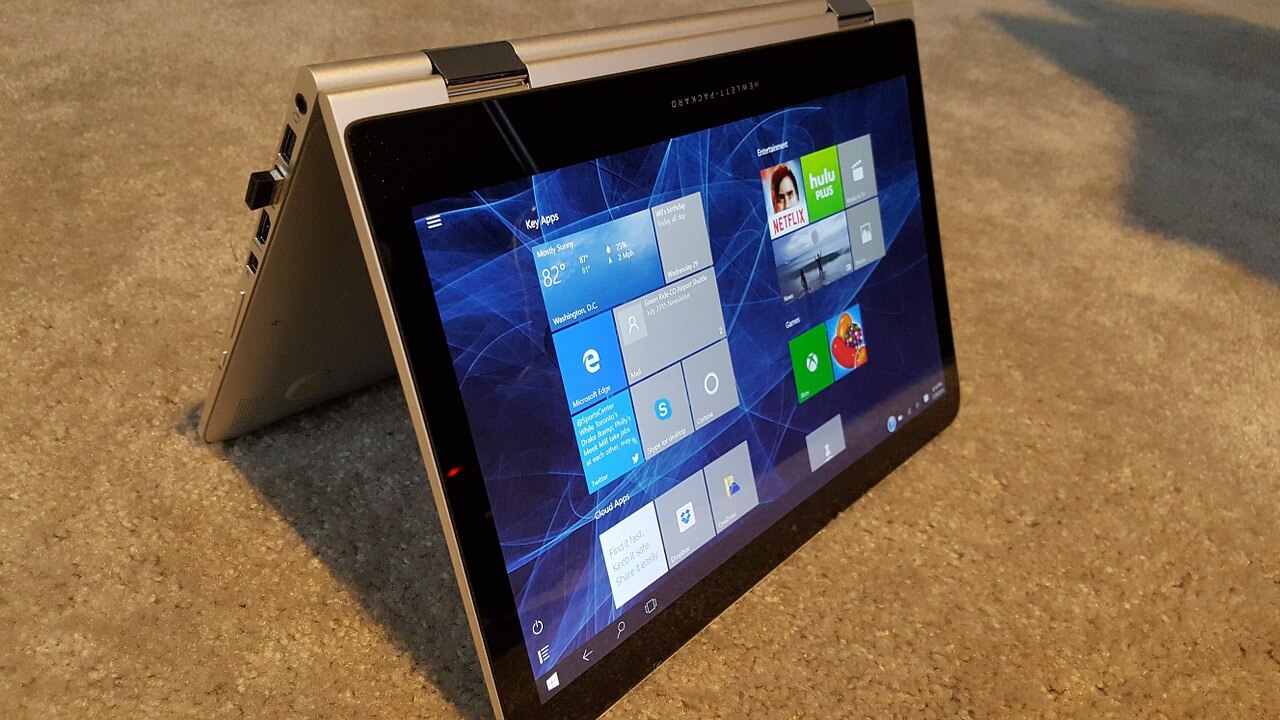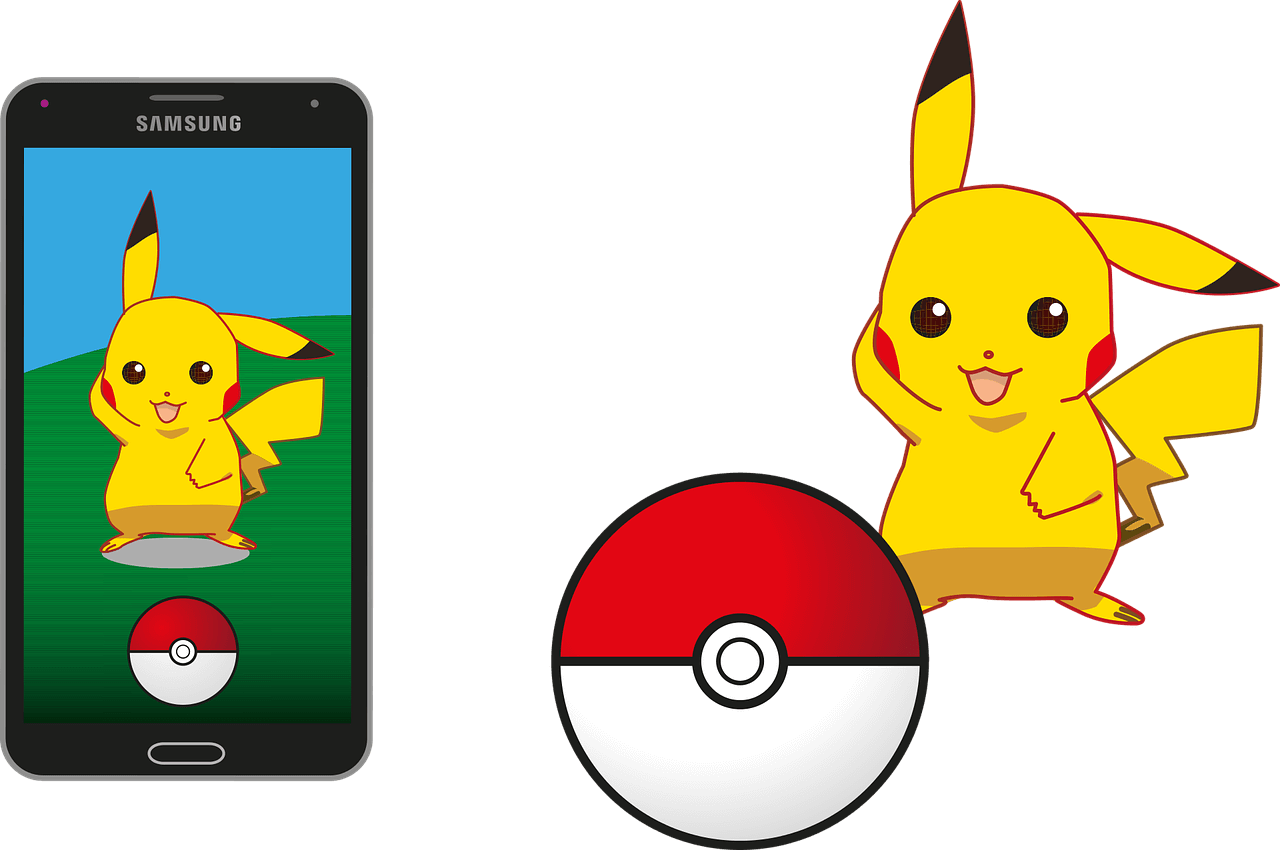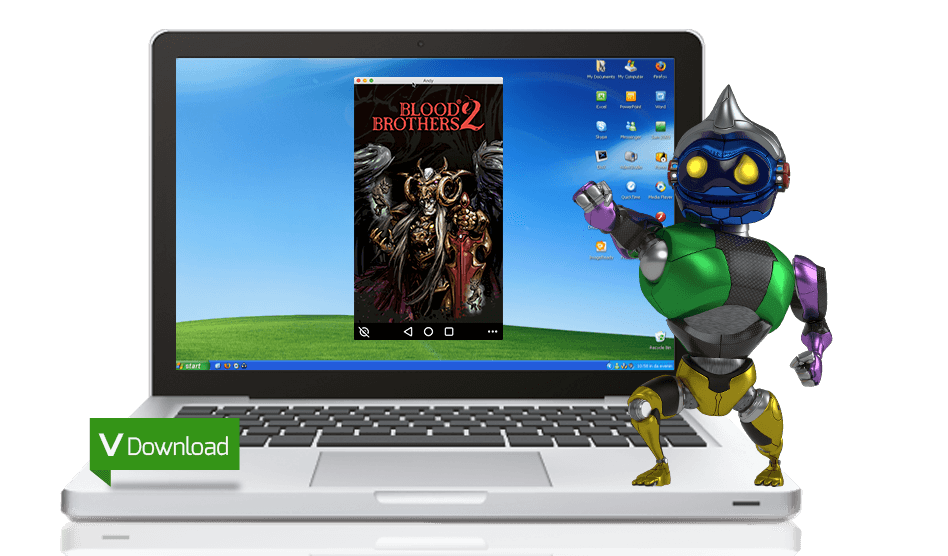Mobile has been in explosive growth mode for two decades now, starting with infrastructure and hardware, and over the last decade, content, payments and communication. And although some may debate this statement, I contend that mobile gaming has seen the most explosive growth if you measure user AND revenue growth.
Like many companies born in the “information/internet age,” mobile gaming companies have reaped the benefits of very low expense profiles. Where it once took tens of people to develop a single game, hours of business development cycles to secure distribution partnerships, and millions of marketing dollars to drive consumers into a store for purchase of game and/or console; today a mobile game developer can develop a game within a small team and over a short period of time, gain immediate distribution via app stores, and be assured that all of their consumers already have the hardware necessary (a phone or tablet). This, in addition to the relatively new business model of “in app/game” purchasing, has turned a number of mobile games into billion dollar business’ maybe not over night, but over a very short time. Look no further than Clash of Clans, Candy Crush and Angry Birds to name a few.
Ok, so what? Anyone paying attention for the last few years knows all this, including the so called “old school” like EA or Nintendo who are aggressively moving to mobile and/or engaging in strategic partnerships to speed things up (read: Nintendo and DeNA). Well, here’s the interesting thing. Just like the PC is considered a critically important device to game developers in general, it is growing in importance to “mobile game” developers as well.
The importance of the PC is nothing new in gaming for both players and developers. We had early pioneers like Alienware that did awesome stuff to the exterior and guts of a PC and now in the 2000’s have companies in Steam and Twitch engaging gamers on a PC (and other devices) in ways that Alienware (or any of us) probably never imagined. However, what we’re starting to see more and more is an increasing desire on the part of gamers to play their favorite mobile games on a PC. They want a bigger screen, they want to avoid battery drain (on their mobile device) they want to have more room for the big games (storage) and the opportunity to try out more new games (again, storage), and they want to play at home in comfort. And this should be no surprise. Demand for cooler, more hard core games has only increased since mobile gaming took off, and as amazing as the best mobile devices are today, not even the best one can compare to the power, storage or battery capacity of an avg. PC, certainly not a newer more advanced PC like the HP Envy or Lenovo Y series for instance.
Most mobile game developers have embraced this behavior, and in many cases are looking for easier ways to port their games over to a PC. Some are resisting out of fear for the unfair advantage a powerful PC may give a player within a mobile game, or because somehow the PC interface wont support in app purchasing, but this resistance likely wont last as there is too much user inertia in the opposite direction.
Not only that, companies like HP, Lenovo and others are leaning into the concept of their installed base running mobile operating systems on a PC. There are a number of reasons why they are doing this, but the main one is user time. You can call it “relevance,” but really relevance is determined by how much time someone spends with your device. So if I make it easier for you to do all the stuff you want to do on a phone, on your PC (insert: gaming), I may get more of that time and relevance back.
As the OEMs get more involved, game developers lean further in, and massive channels like Facebook make it easier for their mobile gamers to “go PC,” this user behavior will only grow and become more important. All of this is to say that the device people are on when it comes to the content they consume shouldn’t limit what kind of content they consume. Because when you think about the devices, save for things that are simply better done at a desk vs. standing in line for lunch, it’s much more about the accessible content then the device itself. So whether it’s gaming or messaging, we at Andy OS will continue to focus on making our operating system the best for the best apps, regardless of where someone wants to run those apps.








Comments ( 0 )